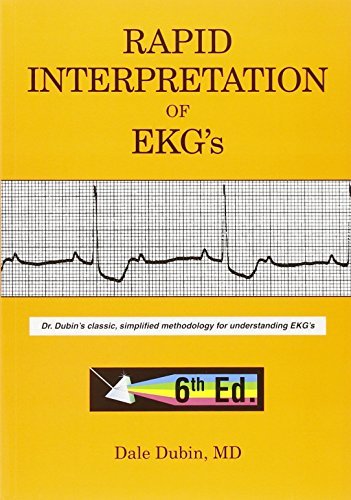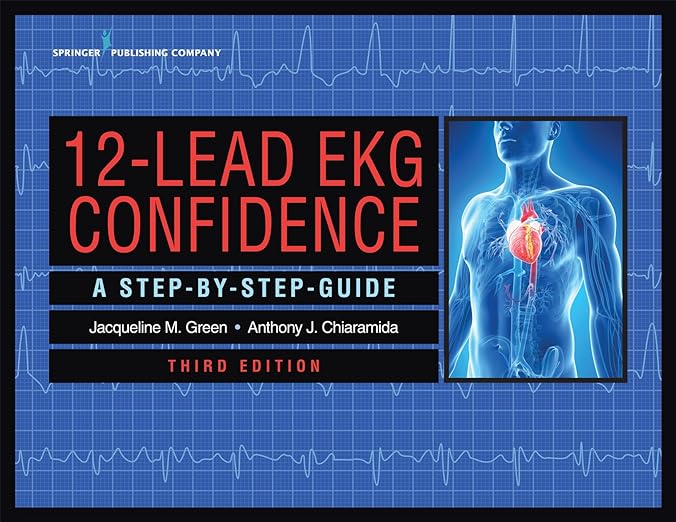The Role of Oral Hygiene to Prevent Cardiac Diseases
The role of oral hygiene in preventing cardiovascular diseases is not completely understood yet. The study, published in the Journal of the American Heart Association, evaluated whether certain oral health behaviors could decrease risk of major cardiovascular events. It used a population-based cohort study of people aged 50 years or older. Statistical methods were used to estimate the effects of the different factors on the incidence of cardiac events and their rates of occurrence.
Researchers have found a connection between poor oral hygiene and cardiovascular diseases. In fact, many of these factors are linked to poor dental hygiene. For example, excessive whitening and smoking are linked to an increased risk of heart disease. Studies also show that the risk of CVD is higher among people with bad teeth. Nonetheless, the findings are not conclusive. Oral health and oral diseases are interrelated.
Oral hygiene plays an important role in preventing cardiovascular diseases. According to the findings of the European Heart Journal, frequent dental visits can reduce the risk of major cardiovascular events. A randomized control trial is needed to establish the exact relationship between oral health and cardiovascular disease. The authors concluded that a strong association between regular dental care and the reduction of risks of major cardiac events in healthy adults.
Oral Hygiene is an integral part of preventive care. While there are many causes for heart disease, there is one common factor that links oral health and cardiovascular diseases. Oral hygiene can play a vital role in reducing the risk of a serious cardiac event. Moreover, it helps patients maintain their overall health and prevent further complications. Using good oral hygiene habits can significantly improve one’s chances of survival.
Oral hygiene is the essential factor in preventing the risk of cardiovascular diseases. Aside from its role in prevention, oral hygiene can help prevent cardiac events. A recent study suggests that about half of the participants reported that oral hygiene was important to their health. The research did not reveal a correlation between oral hygiene and socio-demographic factors. The study did not find a significant relationship between education and cardiac knowledge.
The role of oral hygiene in preventing cardiovascular diseases is essential for prevention of these diseases. A thorough oral hygiene is essential for prevention of the risk of cardiovascular disease. If a patient does not maintain good oral hygiene, they will likely develop a high-risk condition. For those with high-risk conditions, a lack of dental care can have disastrous consequences. In addition, it can cause infections and aggravate the condition.
Improved oral hygiene can reduce the risk of coronary diseases and other chronic diseases. By promoting good oral hygiene, patients can reduce their risks of developing diabetes and other metabolic problems. In addition, it can improve the overall health of an individual by reducing the incidence of cardiovascular disease. However, there is no scientific proof of this relationship. The study only demonstrates that better oral hygiene can lower the risk of these conditions.
The role of oral hygiene in preventing cardiovascular disease is also critical. In addition to the prevention of oral diseases, it can improve the quality of life and lead to healthier individuals. While a high-quality oral hygiene can reduce the risk of a cardiac disease, it should be maintained regardless of age. A low-risk oral hygiene can reduce the risk of a patient’s mortality.
In addition to prevention of cardiovascular diseases, good oral hygiene can also help prevent a heart attack. By improving oral health, patients can avoid the risk of a heart attack. A recent study in Sydney Australia explored the role of oral hygiene in cardiovascular disease. It showed that frequent brushing and flossing can improve the risk of a heart disease. Taking care of oral hygiene is critical for maintaining good health.









